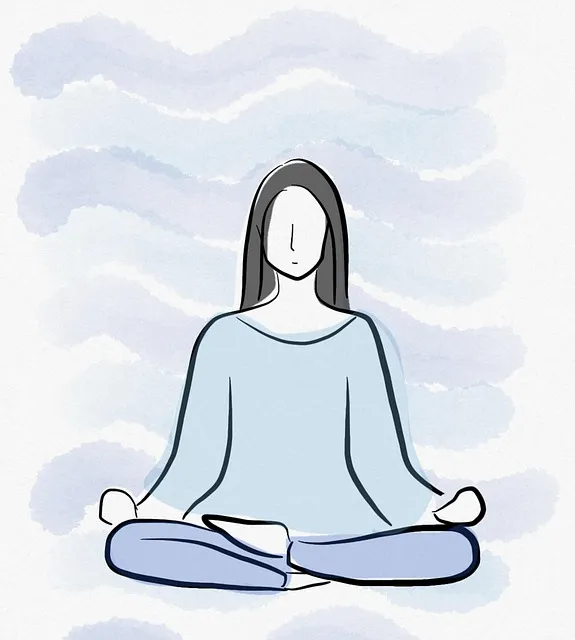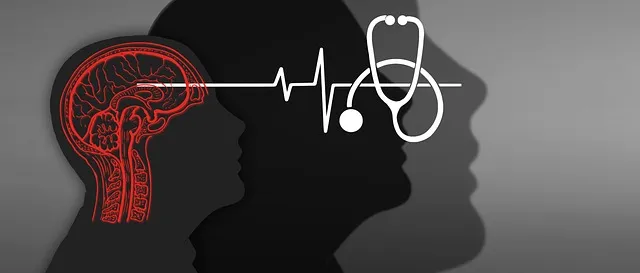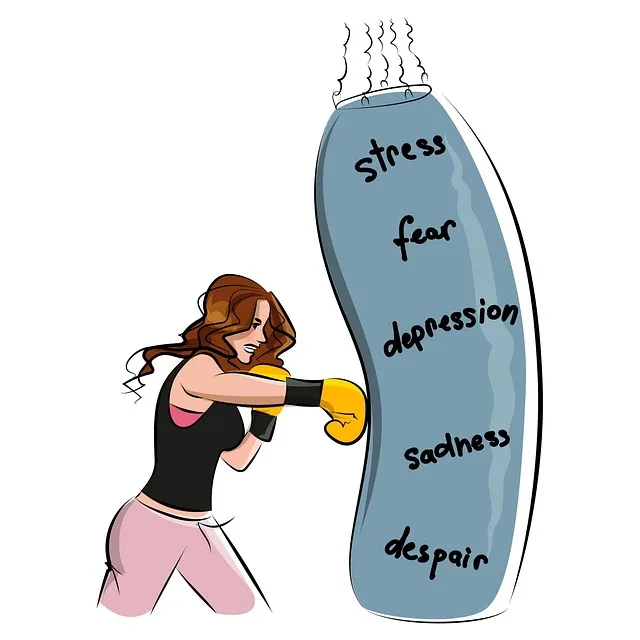Stress, amplified in bustling cities like Littleton per Kaiser Permanente behavioral health services reviews, is managed through mindfulness meditation, coping skills development, and lifestyle changes shown to reduce anxiety and enhance well-being. Cognitive Behavioral Techniques (CBT) offered by Littleton Kaiser Permanente effectively challenge negative thought patterns for improved mood management. Holistic stress reduction techniques backed by positive reviews integrate mindfulness and movement for emotional stability and resilience.
Stress can significantly impact our daily lives, but there are effective methods to reduce it. This article explores a comprehensive guide to stress reduction techniques, offering insights from Littleton Kaiser Permanente behavioral health services reviews. We delve into understanding stress causes and common triggers, providing lifestyle changes for daily relaxation. Additionally, we review cognitive behavioral techniques and holistic approaches like mindfulness and movement practices. By the end, you’ll have a toolkit to navigate and manage stress effectively.
- Understanding Stress: Causes and Common Triggers
- Lifestyle Changes for Daily Relaxation
- Cognitive Behavioral Techniques Reviewed
- Holistic Approaches: Mindfulness and Movement
Understanding Stress: Causes and Common Triggers

Stress is a natural response to various internal and external factors that demand our attention and action. It can be triggered by both major life events and everyday situations, such as work pressures, financial worries, relationship issues, or even health concerns. Understanding these causes and triggers is essential in navigating stress management effectively. For instance, the busy lifestyle in modern urban centers like Littleton, as highlighted in Kaiser Permanente behavioral health services reviews, often contributes to heightened stress levels due to increased demands on time and energy.
Common stressors include work-related pressure, personal relationships, financial problems, and health issues. The continuous demand for productivity and performance in today’s fast-paced world can lead to chronic stress, affecting both mental and physical well-being. Mindfulness Meditation and Coping Skills Development have been proven effective in managing these stressors. By practicing mindfulness, individuals can learn to stay present, reducing the impact of anxious thoughts and worries. Moreover, developing coping skills enables one to respond adaptively to stressful situations, ultimately leading to Anxiety Relief.
Lifestyle Changes for Daily Relaxation

Integrating lifestyle changes into your daily routine can significantly contribute to stress reduction and overall well-being, as emphasized by the positive impact seen in Littleton Kaiser Permanente behavioral health services reviews. Engaging in regular physical activity, such as walking or yoga, releases endorphins that naturally boost mood and reduce tension. Additionally, adopting a balanced diet with plenty of fruits, vegetables, and whole grains can improve energy levels and mental clarity.
Adequate sleep is another pillar of relaxation strategies. Establishing a consistent sleep schedule ensures your body receives the rest it needs to function optimally. Incorporating mindfulness practices, like meditation or deep breathing exercises, into your day-to-day life can also help manage stress. These techniques have been shown to effectively reduce anxiety and improve mood, as highlighted in crisis intervention guidance resources and mental illness stigma reduction efforts.
Cognitive Behavioral Techniques Reviewed

Cognitive Behavioral Techniques (CBT), offered by Littleton Kaiser Permanente behavioral health services, have proven to be effective tools for stress reduction and overall well-being. CBT focuses on identifying and changing negative thought patterns and behaviors that contribute to stress and anxiety. By challenging these thoughts and replacing them with more realistic and positive ones, individuals can significantly improve their mood management and emotional intelligence.
This approach, often discussed in Kaiser Permanente Littleton reviews, empowers people to take control of their mental health. It encourages self-esteem improvement by teaching individuals to recognize and reframe negative self-talk, fostering a healthier relationship with oneself. Through CBT, one learns to navigate life’s challenges more effectively, enhancing emotional resilience and overall stress reduction techniques.
Holistic Approaches: Mindfulness and Movement

Holistic approaches to stress reduction have gained significant popularity, especially with services like Littleton Kaiser Permanente behavioral health being highly reviewed for their comprehensive programs. Mindfulness and movement are two powerful tools that work in tandem to promote mental health awareness and overall well-being.
Engaging in mindfulness practices allows individuals to cultivate empathy building strategies and develop a deeper understanding of their thoughts and emotions. Regular movement, whether through yoga, meditation walks, or other physical activities, can serve as an effective depression prevention method by releasing endorphins and reducing muscle tension. These holistic methods encourage a balanced lifestyle, helping individuals to navigate life’s challenges with greater resilience and emotional stability.
Stress reduction is a holistic journey, encompassing various techniques tailored to individual needs. From understanding stress triggers to adopting lifestyle changes and exploring cognitive behavioral therapies, as well as mindfulness and movement practices, there’s a diverse array of tools available. For those seeking guidance, reviewing resources like Littleton Kaiser Permanente behavioral health services can offer valuable insights into effective stress management strategies. By integrating these methods into daily routines, individuals can enhance their overall well-being and cultivate a more balanced life.






